
Valentina Boni, MD, PhD, spoke about the safety profile observed of lurbinectedin monotherapy and future analyses for patients with BRCA1/2-associated metastatic breast cancer.

Your AI-Trained Oncology Knowledge Connection!


Valentina Boni, MD, PhD, spoke about the safety profile observed of lurbinectedin monotherapy and future analyses for patients with BRCA1/2-associated metastatic breast cancer.
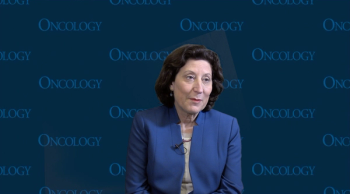
Hope S. Rugo, MD, FASCO, gave an overview of ribociclib plus aromatase inhibitor use vs abemaciclib plus aromatase inhibitors for patients with hormone receptor-positive, HER2-negative advanced breast cancer.

Hope S. Rugo, MD, FASCO, reviewed data from a matching-adjusted indirect comparison study which analyzed quality of life in patients with hormone receptor–positive, HER2-negative advanced breast cancer treated with ribociclib- or abemaciclib-based regimens.

Valentina Boni, MD, PhD, spoke about the rationale behind using lurbinectedin monotherapy for pretreated BRCA1/2-associated metastatic breast cancer.

Mark Pegram, MD, discussed the highlights from ASCO 2022, regarding antibody drug conjugates.

Steven J. Chmura, MD, PhD, discussed recent findings from the phase 2R/3 NRG-BR002 trial in patients with newly diagnosed oligometastatic breast cancer.
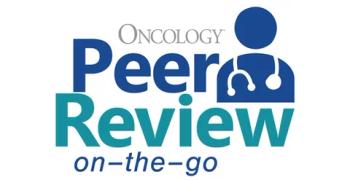
Paolo Tarantino, MD, and Sara M. Tolaney, MD, MPH, spoke with CancerNetwork® about highlights from 2022 ASCO in breast cancer research.

Mark Pegram, MD, spoke about predictive and prognostic factors used to determine which patients with early-stage hormone receptor–positive breast cancer benefit from extended vs standard adjuvant endocrine therapy.

Mark Pegram, MD, spoke about using the Breast Cancer Index and Clinical Treatment Score post-5 years to determine outcomes for patients with early-stage hormone receptor–positive breast cancer treated with adjuvant endocrine therapy.
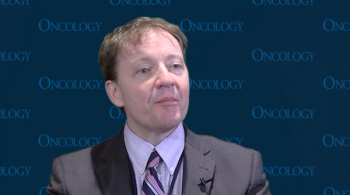
Steven J. Chmura, MD, PhD, spoke about interesting findings from a phase 2R/3 trial of patients with newly oligometastatic breast cancer who were given standard of care systemic treatment with or without stereotactic body radiotherapy and/or surgical resection.

Hope S. Rugo, MD, FASCO, spoke about future analyses of the phase 3 TROPiCS-02 trial that examined sacituzumab govitecan vs physicians’ choice chemotherapy in patients with hormone receptor–positive, HER2-negative advanced breast cancer.

Hope S. Rugo, MD, spoke about results of the phase 3 TROPiCS-02 trial examining sacituzumab govitecan vs physicians’ choice chemotherapy for patients with hormone receptor–positive, HER2-negative advanced breast cancer presented at ASCO 2022.

Dose reductions of ribociclib administered during the phase 2 MONALEESA-2 trial did not have an impact on overall survival for patients with hormone receptor–positive, HER2-negative advanced breast cancer.

Radiotherapy can be avoided after surgery in certain patients with low-grade luminal A breast cancer who have low Ki67 expression and no positive lymph nodes, according to data from 2022 ASCO.

Patients with acquired ESR1 mutations after disease progression and post-treatment for locally advanced or metastatic estrogen receptor–positive, HER2-negative breast cancer may benefit from treatment with lasofoxifene in combination with abemaciclib.
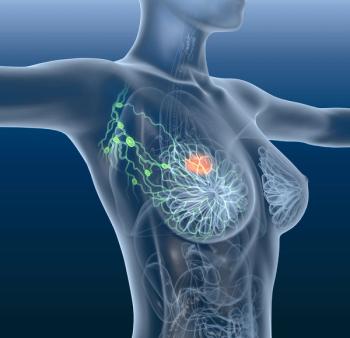
Results of a matching-adjusted indirect comparison study showed that patients with HR-positive/HER2–negative advanced breast cancer treated with ribociclib and an aromatase inhibitor were more likely to have better symptom-related quality of life than patients who received abemaciclib and an aromatase inhibitor.
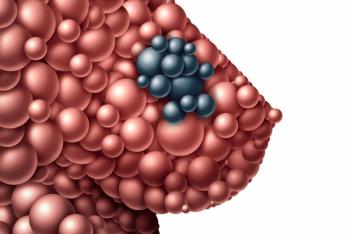
Factors associated with early discontinuation of adjuvant abemaciclib for hormone receptor—positive, HER2-negative, node-positive high-risk early breast cancer inform future treatment monitoring.
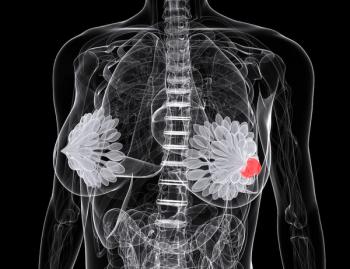
Alpelisib combined with fulvestrant represents a viable treatment option for patients with hormone receptor–positive, HER2-negative advanced breast cancer, regardless of mutation status.

The phase 3 DESTINY-Breast04 trial using fam-trastuzumab deruxtecan-nxki showed a reduction in the risk of disease recurrence or death for patients with HER2-low, hormone receptor–positive metastatic breast cancer.

Patritumab deruxtecan induced positive efficacy, according to the phase 1/2 U31402-J101 trial in patients with HER3-expressing metastatic breast cancer or metastatic triple-negative breast cancer.

At 2022 ASCO, final survival data from the phase 3 PALOMA-2 trial confirmed similar survival between palbociclib plus letrozole and letrozole alone.
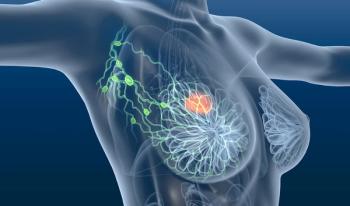
Ribociclib plus endocrine therapy for hormone receptor–positive, HER2-negative advanced breast cancer following progression on a CDK4/6 inhibitor bests matched placebo.
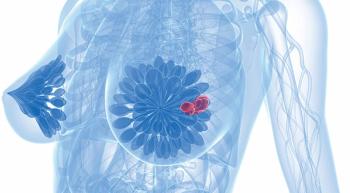
An acceptable safety reported at a follow-up analysis of the phase 3 DESTINY-Breast03 study has reinforced use of fam-trastuzumab deruxtecan-nxki for patients with HER2-positive unresectable or metastatic breast cancer

Compared with chemotherapy, sacituzumab govitecan led to better progression-free survival outcomes in patients with hormone receptor–positive, HER2-negative breast cancer.

The findings of this retrospective study of more than 25,000 patients with cancer newly diagnosed during the COVID-19 pandemic highlight a need to reduce the inequities in telemedicine use for cancer care, according to the study’s lead author.
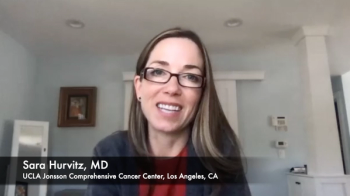
CancerNetwork® sat down with Sara A. Hurvitz, MD, at the 2021 ASCO Annual Meeting to talk about multidisciplinary care with geriatrician oncologists and the use of age-based analyses for diagnosis and following up of metastatic triple-negative breast cancer.

Patients with metastatic TNBC treated with sacituzumab govitecan maintained an efficacy benefit compared with physician's choice chemotherapy.

Some improvement in pathological complete response may be possible with SD-101 plus pembrolizumab and paclitaxel in certain patients with HER2-negative breast cancer, but results are still uncertain.
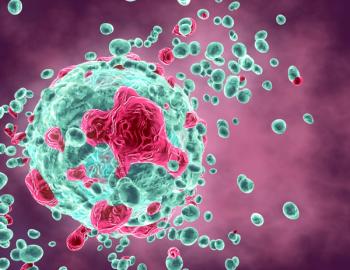
Patients with early-stage breast cancer who have ultralow risk disease indicated by a 70-gene signature demonstrated an excellent survival prognosis regardless of clinical risk.

Phase 2 results presented during the 2021 ASCO Annual Meeting suggest durvalumab plus chemotherapy as neoadjuvant therapy for triple-negative breast cancer may be beneficial in certain patients.